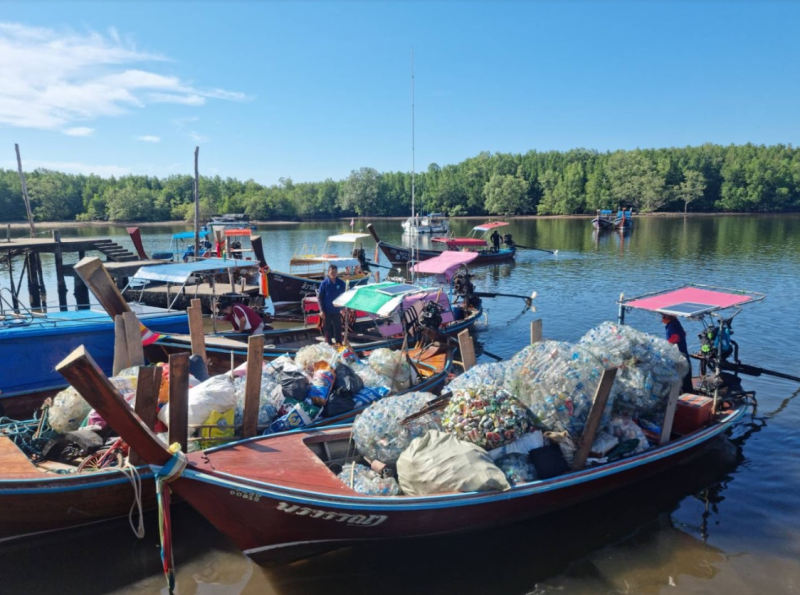
Our commitment to integrity
Our ambition is to lead the way in carbon project risk management, quality, and compliance protocols.

Purchase carbon credits and finance climate action
Choose from one of the world’s largest portfolio of high-integrity climate action projects to drive credible climate action and sustainable development around the world.

South Pole’s 2023 Sustainability Report
Our 2023 Sustainability Report highlights South Pole's major achievements & shows our progress in delivering market-leading services to our clients across climate consulting and climate projects, and our positive contribution to people & the planet.

The 2025 Carbon Market Buyer’s Guide
Exploring the global carbon market megatrends and what to look out for in 2025.

Catching up with Climate
Stay up-to-date on the biggest climate news, policies, and innovations
We are committed to integrity in carbon project risk management, quality & compliance protocols.
Find out more
We are committed to integrity in carbon project risk management, quality & compliance protocols.
Read more
We are committed to integrity in carbon project risk management, quality & compliance protocols.
Read more
We are committed to integrity in carbon project risk management, quality & compliance protocols.
Read more






